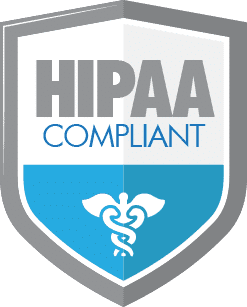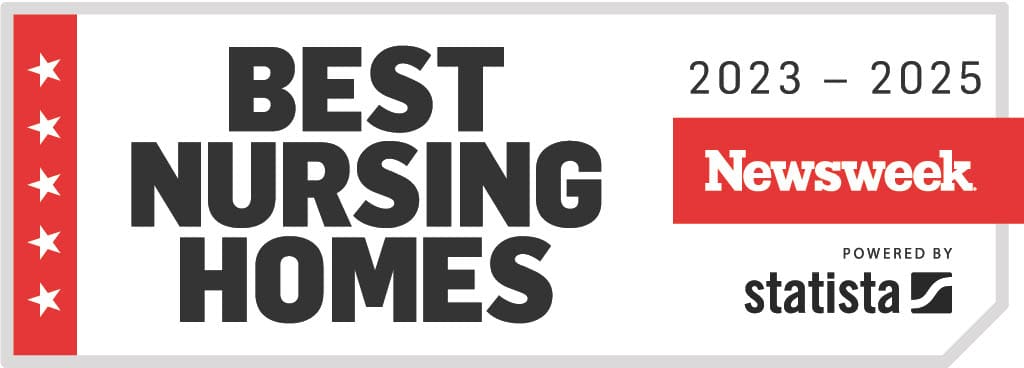GUIDE Program
Virginia Health Services is proud to be a selected provider of the Guiding an Improved Dementia Experience (GUIDE) Program, which is designed to support individuals diagnosed with dementia and their caregivers.
Navigating Dementia with GUIDE
A dementia diagnosis can feel overwhelming, but Virginia Health Services can help you navigate this journey so you aren’t alone. The Guiding an Improved Dementia Experience (GUIDE) Model was developed by The Centers for Medicare & Medicaid Services (CMS) and is designed to support individuals with dementia and their caregivers by providing essential resources, expert guidance, and a structured approach to managing care. Our goal is to empower you with the knowledge and tools needed to maintain independence, improve quality of life, and access the best care possible.
GUIDE Services
Individuals enrolled in the GUIDE Program benefit from a holistic, coordinated approach to care that enhances their quality of life:
- Personalized Care Plans: Each patient receives an individualized dementia care plan developed in partnership with a care team to meet their specific needs and goals.
- Access to a Care Team: Patients are connected with a comprehensive care team, including a dementia care navigator, who coordinates care across providers and services.
- In-Home and Community-Based Services: Where possible, services are designed to be delivered in the comfort of the patient’s home or community (such as assisted living).
- Care Coordination Across Providers: The GUIDE Program helps ensure all healthcare providers are aligned and working from a shared care plan, which minimizes confusion and improves continuity.
- Support with Resource Navigation: Patients and families receive assistance understanding and using their health benefits to access services and supplies.
- Advanced Care Planning: The program supports conversations about long-term preferences, including end-of-life care, legal planning, and future housing or health needs.
Caregiver Benefits
Caregivers are the backbone of dementia care, and GUIDE is designed with their needs in mind. (Individuals do not need a caregiver to qualify for the program.) Here’s how Virginia Health Services supports those caring for a loved one with dementia:
- Personalized Support: Caregivers are paired with trained care navigators who provide guidance on care planning, symptom management, and available resources — so you’re never navigating this alone.
- Respite Care Services: For those who qualify, GUIDE offers access to respite care, allowing caregivers to take essential breaks while ensuring their loved one is safely cared for.
- Caregiver Education & Training: Receive education on dementia progression, behavioral symptoms, communication strategies, and how to handle daily care challenges.
- Emotional Support: The program helps connect caregivers to resources to manage the emotional toll of caregiving.
- 24/7 Support Access: Through care teams or virtual assistance, caregivers can get help and answers whenever they need them, improving peace of mind and reducing stress.
Call 757-223-1396 to speak with a care navigator
Program Eligibility Requirements
To participate in the GUIDE Model, both patients and caregivers must meet specific criteria. (Individuals do not need a caregiver to participate in the program.) Here’s an overview of who qualifies:
For Patients
To be eligible, individuals must:
- Have a confirmed diagnosis of dementia, including Alzheimer’s disease or other related dementias.
- Be enrolled in Medicare Parts A and B (not Medicare Advantage)
- Reside in the community (i.e., living in a personal home, independent living or assisted living facility, excludes long-term care facility or nursing home).
- May not be enrolled in Hospice services or PACE (Program for All Inclusive care for the Elderly).
- Be willing to participate in the development and ongoing review of a personalized care plan.
For Caregivers
Caregivers must:
- Be an unpaid family member or friend providing regular assistance to a person with dementia.
- Be identified by the patient or care team as a primary caregiver.
- Participate in caregiver education and support services as part of the GUIDE program.
- Be willing to engage with the care team.
HAVE SOME MORE SPECIFIC QUESTIONS?







